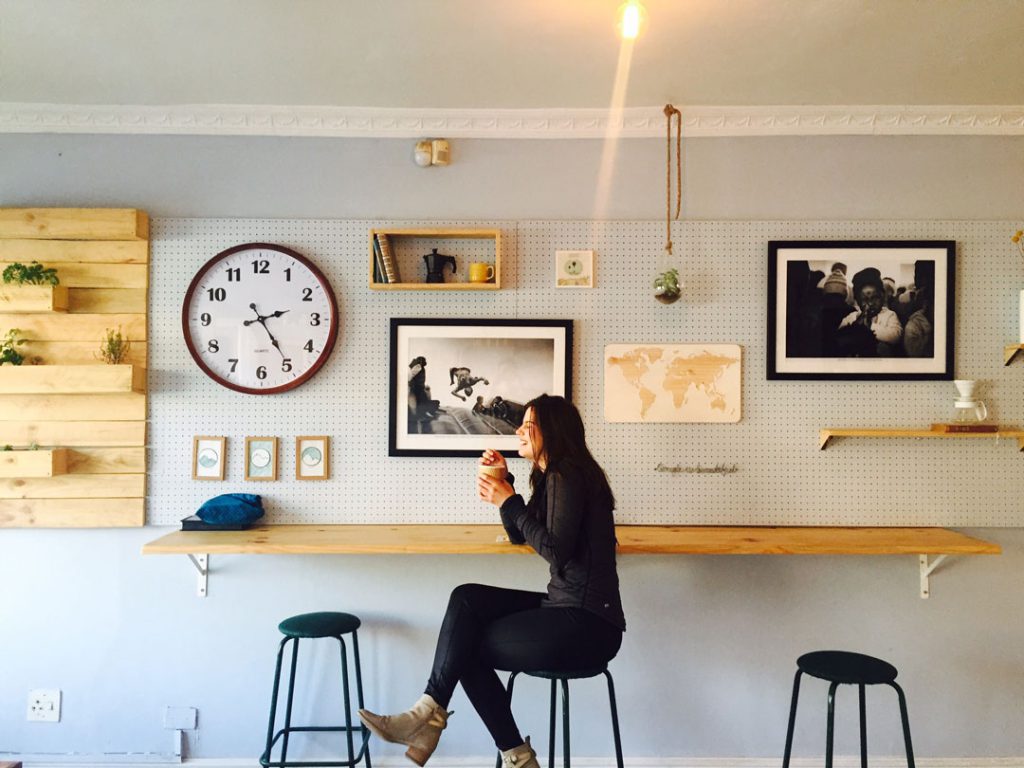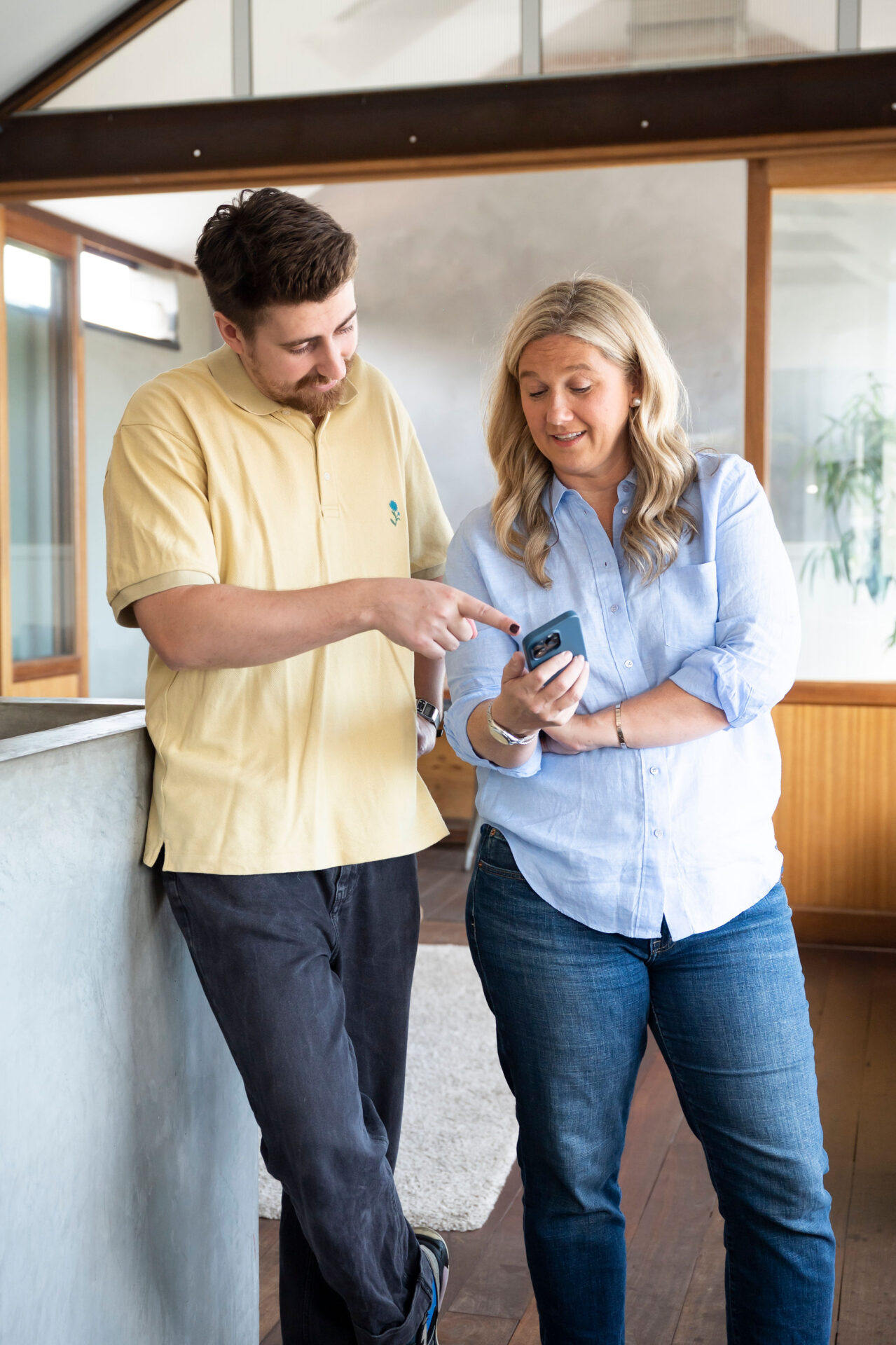In the hospitality industry, every post on social media is a new opportunity for leads to convert and move further down the sales funnel.
You have dived into the exciting world of social media, and your hospitality business is ready to break the internet. But what is your first step? How do you reach people online? Most importantly, how do you convert to a sale?
It is a tale as old as time. Well, as old as social media. You have many followers or likes, but you are simply not seeing the conversions you wish you were. Sure, you can throw more money into as many platforms as possible, but you need to know why you are doing so and if spending this kind of money will solve your issues.
When it comes to converting sales through social media channels, there is no magic dust or quick fix. Maximising your conversions is about doing the little things rights and ensuring you are following best practices online.
Here are a few tips to help you convert to a sale from social media more often.
1. You need a social media strategy
On the surface, social media can seem like all fun and games. At times, yes, this is the case. However, it is an incredibly tricky and competitive game for businesses, especially those in the hospitality industry.
That is why it is crucial to have a watertight social media strategy before you even think about logging on.
So, how do you go about developing a social media strategy? Well, the first step is pretty easy: goals.
When first starting with your social media strategy, you should begin by considering your goals. What do you want to achieve on social media? What do you want to get out of each specific platform?
Here are a few common goals to get you started: increase brand awareness, improve customer service, reach a wider audience, and grow your social media presence.
First, determine the goals of your social media presence, whether it’s attracting more customers, boosting brand recognition or improving customer service.
2. Let UGC tell your story
User-generated content (UGC) is content (images, videos, blog posts) created by a brand’s user and a goldfield for conversions.
The power of user-generated content comes from the fundamentals of human behaviour.
Because we’re all so curious to see how the other half live.
A Nielsen study found that 92% of consumer trust earned media such as UGC over other forms of advertising, as it is social proof of your content and adds a sense of authenticity.
Consumers are more likely to trust what other real, unbiased consumers say about a brand versus what a brand says about themselves.
If you’re ready to build trust with customers, start collecting UGC in the form of reviews, photos, videos and using it on social media and also your website.
You can run a branded hashtag campaign to encourage people to share photos of themselves at your location.
3. Your website must be optimised
You may very well have the best social media page in the world. However, if your website is poorly optimised, slow, and difficult to navigate, how many conversions do you think your social media pages will make?
Your social media pages and website should support each other. Just like your Facebook or Instagram page, your website should be clean, fast loading, easy to use, and straightforward. Visitors coming from your social pages to your website shouldn’t need to do detective work to figure out where they are and where they need to go.
This is especially important for hospitality businesses that take bookings and sales through their website. If your checkout process is clunky and overly complicated, your potential customers will not have the highest of expectations for your service and products.
4. Don’t underestimate the power of landing pages
If you are a hospitality business, there is a high chance that you run specials and promotions on your social media pages. With consistent branding and information, unique landing pages allow people to know they are in the right place.
Landing pages make the conversion process smoother. Why? Because it breeds confidence. It fosters confidence in your customers and makes your business seem confident in what it is doing and trying to sell.
Think of it this way: if a customer clicks on an ad for your holiday specials, wouldn’t you like them to land on a page that talks about your holiday specials? Pretty simple, right?
4. Track, learn, and adjust
So, you have put in all the hard work and got a few conversations. Job done, right? Wrong.
While getting a conversion is great, knowing why you got said conversion is even better. Why? Because you want to make sure it wasn’t simply dumb luck. If something is working for you on social media, you want to make sure you can replicate it consistently.
Conversely, if something is going wrong or is not working, you need to diagnose the issue.


